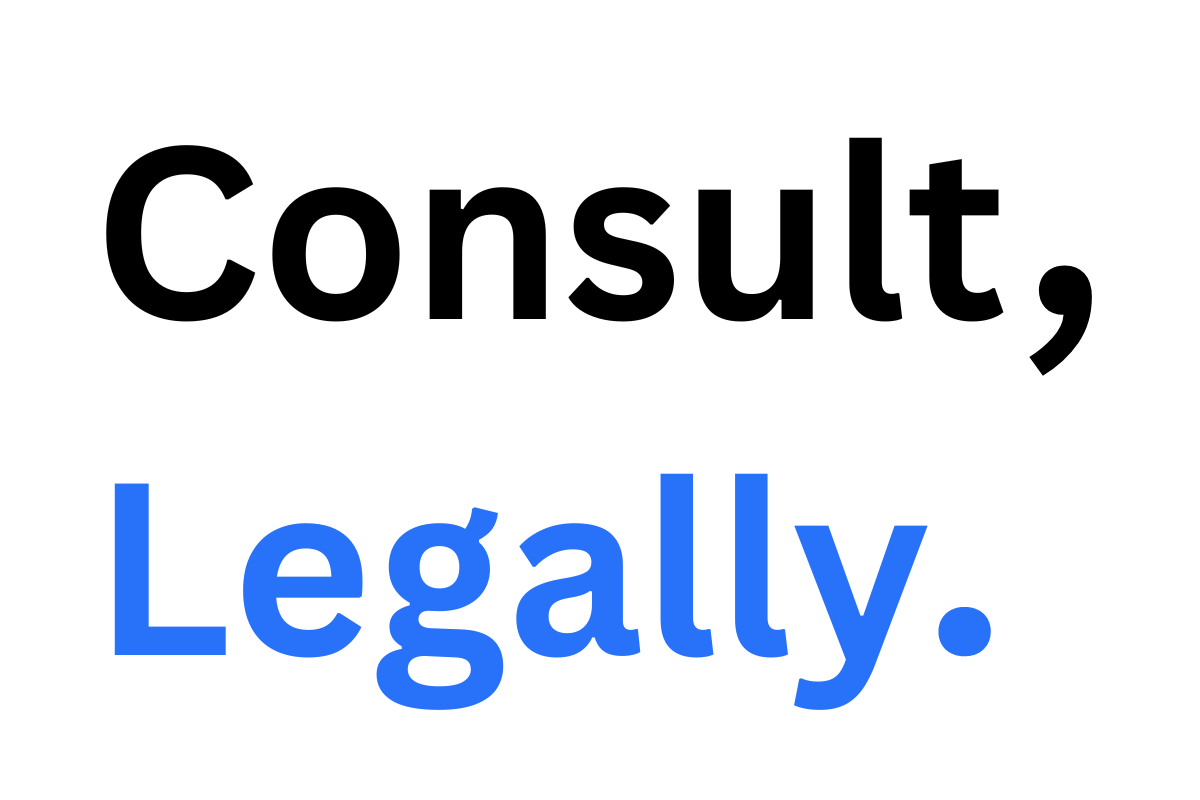If you’re a gig worker, you’ve probably heard a lot about changes in laws affecting independent contractors. You might wonder what all of this means for you and your work with companies like Uber, Lyft, DoorDash, or even freelance jobs. Are you still going to be your own boss, or will these new rules change that?
The U.S. Department of Labor (DOL) is implementing new rules that could affect your status as an independent contractor. These rules focus on how to decide whether you’re an independent contractor or an employee. This change could impact your paycheck, your hours, and whether or not you receive benefits like health insurance, overtime pay, and unemployment protection. So, let’s break down what’s happening and what it could mean for you as a gig worker.
Why Does This Matter?
Right now, gig workers like you are usually considered independent contractors. This means you are your own boss. You decide when you want to work, for how long, and how many jobs you want to take on. However, being an independent contractor comes with trade-offs. You don’t get certain benefits that employees do, like health insurance, retirement plans, or even paid sick leave.
The DOL’s new rules aim to redefine what makes someone an independent contractor or an employee. If you are classified as an employee, companies would have to provide you with these benefits. However, this could also mean less flexibility in how you work, as companies may want to control your hours or tasks more closely.
What Is the New Test for Independent Contractors?
To make things clearer, the DOL is using a six-factor test to determine if you’re an independent contractor or an employee. Here’s what you need to know about the test:
- Opportunity for Profit or Loss: Do you have control over how much money you make or lose? As an independent contractor, you should be able to choose your work hours, how many clients you have, and how you market your services. The more control you have, the more likely you are truly an independent contractor.
- Investment in Your Work: How much of your own money are you putting into your work? For example, if you’re driving for Uber or Lyft, you use your own car. But if the company you work for provides all the tools and equipment, this could make you look more like an employee.
- Permanence of Relationship: Are you working for the same company for a long time? Independent contractors usually work with many clients and don’t have long-term commitments to just one company. If you only work for one company over a long period, you may be considered an employee.
- Control Over Your Work: Do you decide when and how you work? As an independent contractor, you should have more freedom to set your schedule. If a company dictates your hours or closely monitors your tasks, they may consider you an employee.
- Is Your Work Central to the Business? If your job is a key part of the company’s business, you might be an employee. For example, Uber and Lyft’s business revolves around drivers, so there’s an argument that drivers are employees, not independent contractors.
- Use of Specialized Skills: Do you bring your own unique skills to the job? Independent contractors usually have a specialized skill set. If the company provides all the training you need, this could lean more toward an employee status.
How This Affects Gig Workers Like You
If you’re driving for Uber, delivering for DoorDash, or working any other gig job, these new rules might change how you’re classified. If you’re suddenly seen as an employee instead of an independent contractor, a lot of things could change.
On the one hand, being classified as an employee might mean getting access to health insurance, paid time off, and other benefits that employees usually receive. This could provide you with more financial security. You might also receive protections like minimum wage and overtime pay. If your earnings are inconsistent, having employee status could give you more stability.
But there are downsides too. Right now, one of the biggest perks of being a gig worker is the flexibility. You can work when you want, for as long as you want, and for different companies at the same time. Being reclassified as an employee might take away some of that freedom. Companies could start setting your hours or limiting how much work you can take on from other places. This means less control over your work-life balance.
Will Companies Fight Back?
Yes, companies like Uber, Lyft, and DoorDash have already expressed concerns about these new rules. They argue that their workers are truly independent contractors because of the flexibility and freedom their platforms offer. If these companies are forced to treat gig workers like employees, their costs could rise by up to 30%. This would be due to providing employee benefits, paying overtime, and ensuring minimum wage protections.
The increased costs could lead to fewer job opportunities or even higher prices for customers using these services. Companies might cut back on the number of workers they hire, or they could impose stricter rules on how and when you work. So, while becoming an employee may sound appealing in some ways, there are also concerns about what this will mean for your ability to find work.
What Can You Do?
As a gig worker, you may want to keep an eye on what’s happening with these new rules. If you like the flexibility and independence of being an independent contractor, you may want to consider how these changes could affect your work.
Some gig workers have started forming unions or advocacy groups to fight for their rights and ensure they’re treated fairly, no matter how they’re classified. These groups are pushing for better working conditions, whether gig workers are considered independent contractors or employees. You might want to join these conversations to make sure your voice is heard.
Additionally, you could consider forming a limited liability company (LLC) if you want to strengthen your independent contractor status. An LLC can make it clear that you’re running your own business, which could help protect your independence.
What’s Next?
The new rules are set to take effect in March 2024. But that doesn’t mean the fight is over. Many companies and organizations plan to challenge these rules in court or lobby lawmakers to pass legislation that favors independent contractors. There’s a chance that these efforts could delay or change how the rules are enforced.
In the meantime, it’s a good idea to think about what you want from your gig work. If you value flexibility above all else, you might need to prepare for possible changes. If you’re looking for more security and benefits, then these new rules might be a step in the right direction for you.
In the end, the classification of gig workers is still a hot topic, and it’s important to stay informed. Your work, your income, and your rights are all at stake, and understanding these changes can help you make the best decisions for your future.

